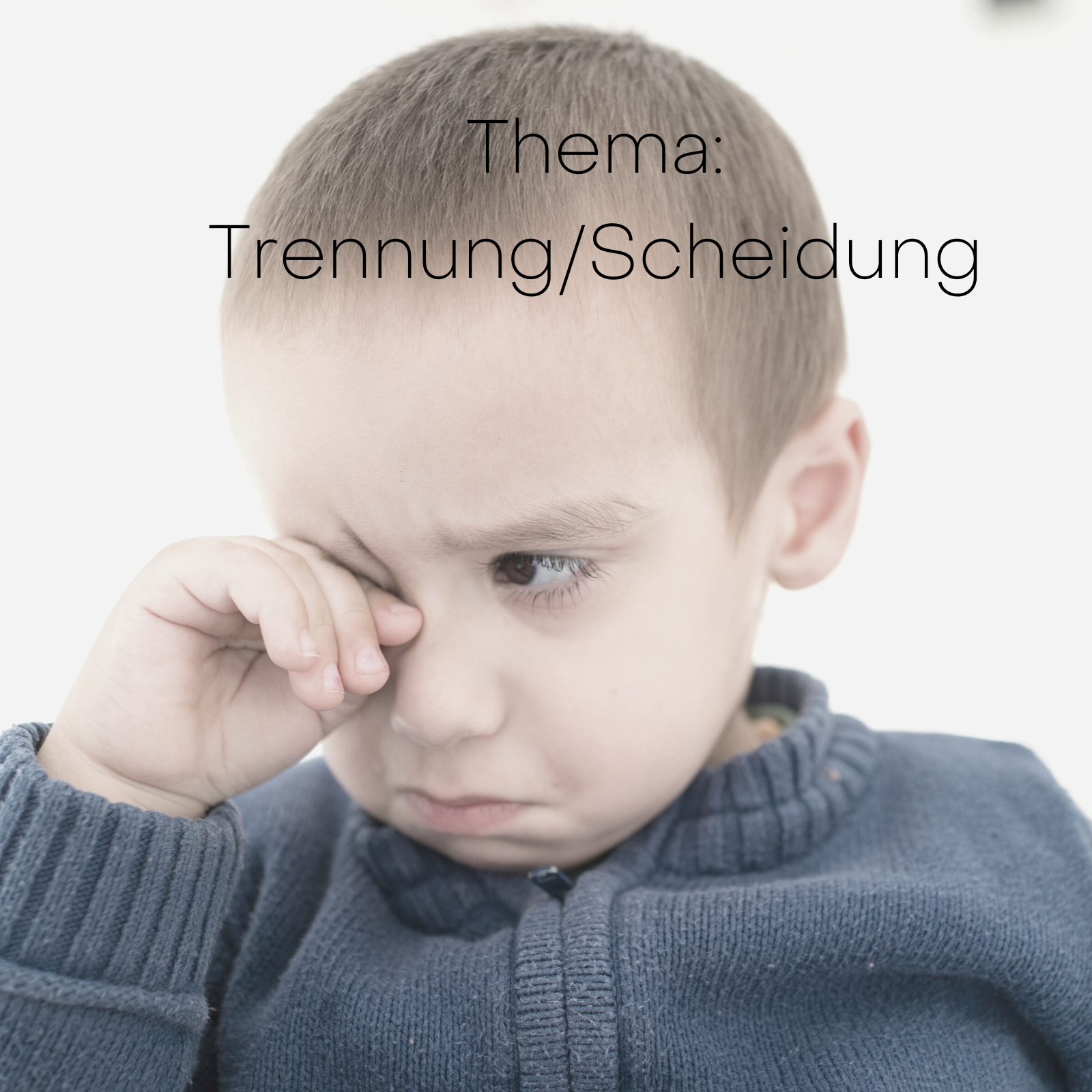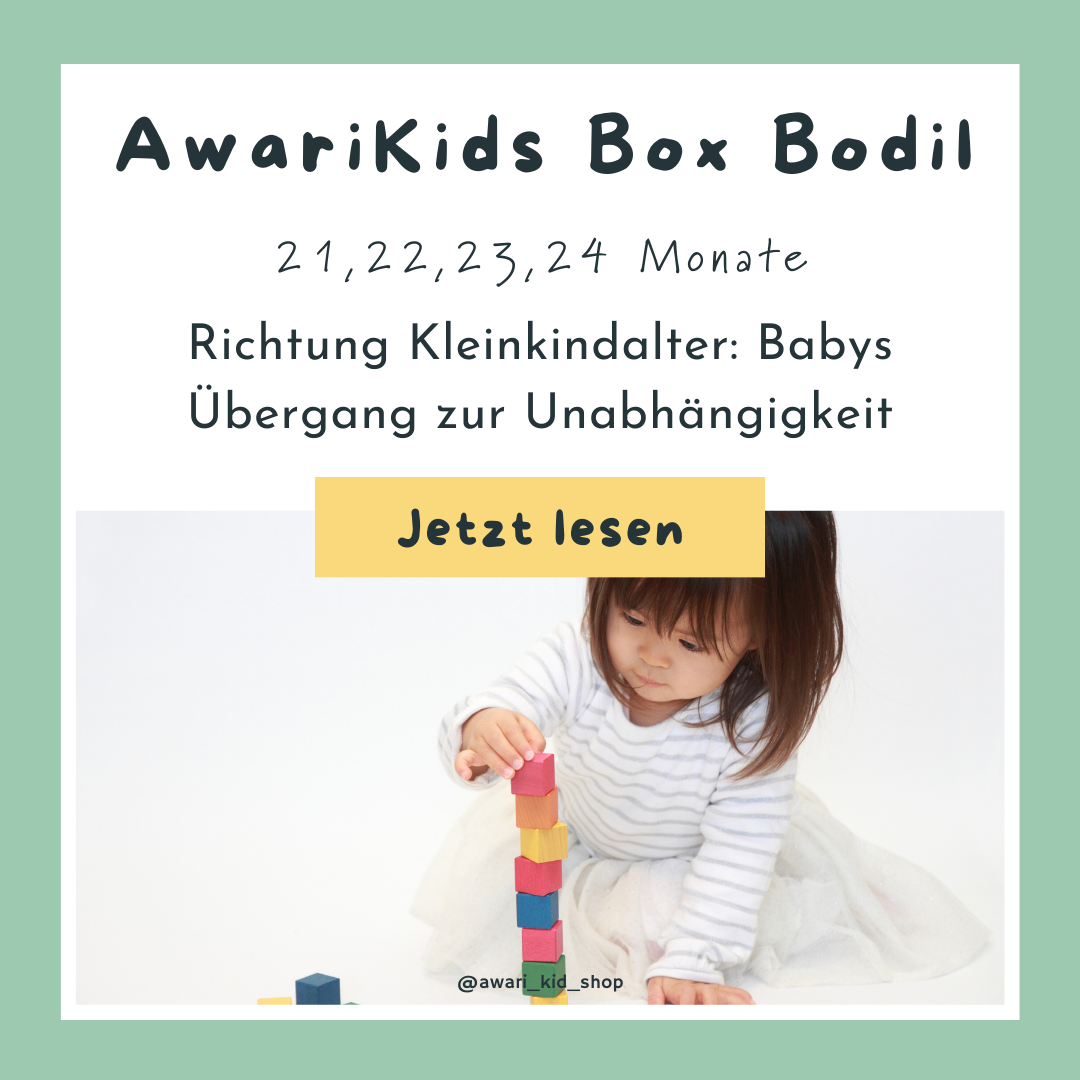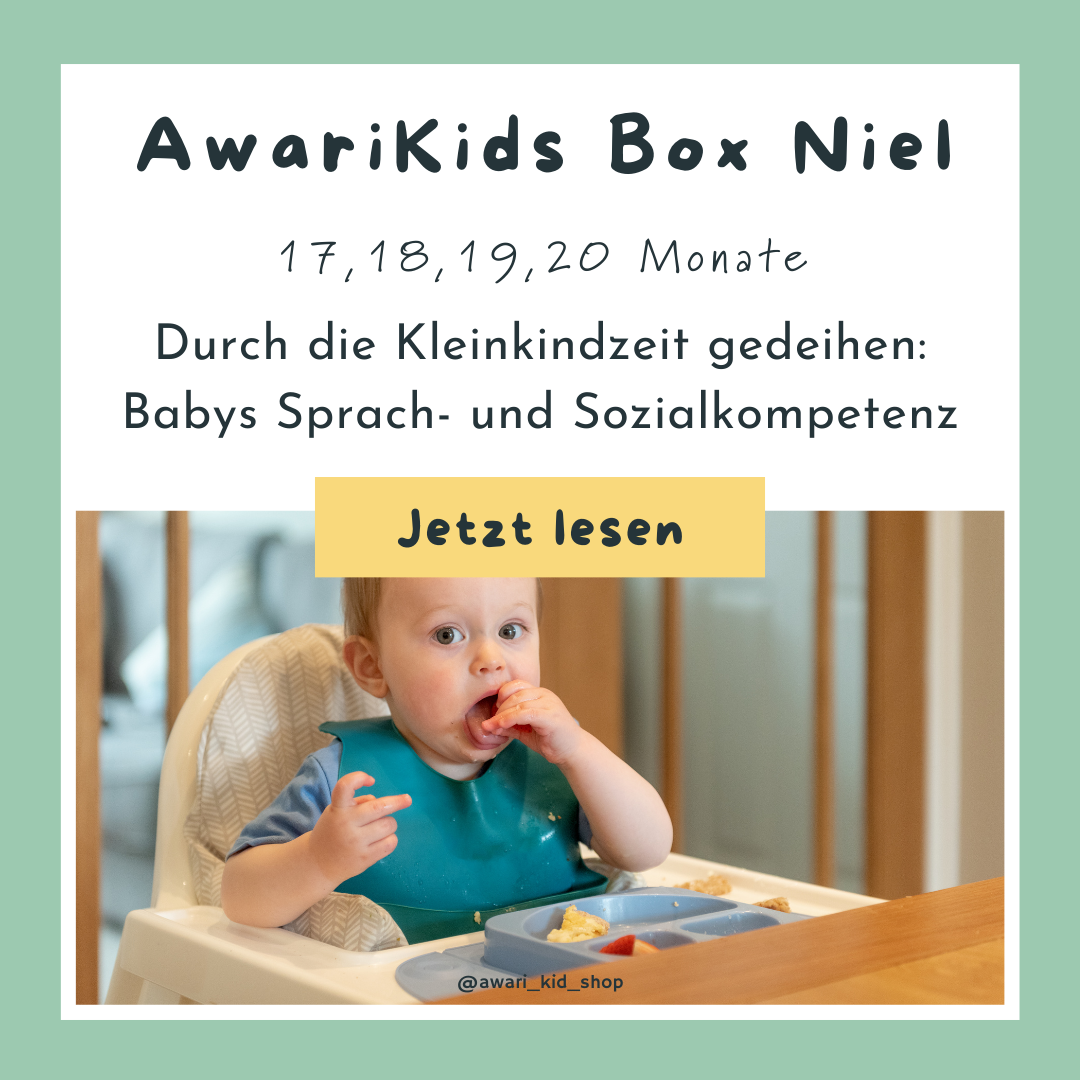"Are we no longer family then?"
How do we tell our child that we are going to separate
Everyone has a different image of the "perfect family," but in almost everyone's imagination, the parents are a happy couple. However, the reality is sometimes very different. Today there are many couples with children who have separated and yet maintained a safe, loving, reliable environment for their children. The only difference is that the parents are no longer lovers. And even if you are about to separate/divorce, we would like to encourage you - you certainly did not make this decision lightly and it says nothing at all about your qualities as a parent! Separation doesn't mean for the child that it won't grow up just as happy and carefree, that's not because the parents are still lovers, but because of many other factors.
Open communication is essential
The big and nagging question, when are you going to tell your kids? First of all, there is no perfect time for this, but keep in mind that children are extremely sensitive to the atmosphere within the nuclear family. They usually notice very early on that something has changed in the dynamic between the parents. This is why open communication with your children is so important. In addition, you should definitely have the conversation together with your children, prepare for it together and plan enough time for the conversation. If you have several children, the question of whether you tell them together or individually depends on the age and emotional maturity of your children. You can speak differently with teenagers than with kindergarten children, and older children will have different questions for you. Your children are emotionally connected to both of you, even if it is difficult for him at this moment, it is very important that you do not blame yourself in front of the child or that disagreements arise in front of the child. Of course, the topic weighs heavily on you, no matter how great the anger or the pain of separation, your child is not the right recipient for it. This only means that your child will feel helpless and hurt, will feel an inner turmoil. Regardless of who is “to blame” for your breakup, your child has the right to an unencumbered relationship with both parents.
Children do not need to know all the details, but what is important to them. And that is for your child, that you are both doing well, also what the future everyday life will look like. In order to relieve the child of any worries and concerns, talk to him about everyday life in the future, where you will live and how you will live. Above all, address the things that you know are important to your child and that they will not change (e.g. hobbies, fixed visiting times with the grandparents, etc.). The most important information for your child is that although you are no longer lovers, neither of you is separating from the child and you will remain mom and dad. You should also make it clear to your child that it is not their fault or responsibility.
Even if you absolutely want to cheer up your child when talking to them, it is important not to make any false promises. These can be comforting in the acute moment, but in the long run the result will be that your child no longer trusts you and it will be very worried. Even if you don't already have an answer to all your children's questions, tell him honestly.
Each child will react differently to this information, it is important here that you tolerate your child's feelings at the moment and do not speak out against them. The news that the parents are separating is of course associated with great fear and uncertainty. The nuclear family is a kind of safe haven for your child, which of course starts to falter with this news. It may be that he is very angry or reacts with incomprehension. Give your child the feeling that you are there and that there is enough space for all feelings. Your child may have a lot of questions right away, but it may also be that it needs time to "digest" what has been said. It is therefore important to make it clear to your child that they can talk to you about it at any time.
This conversation is a big effort for all of you, but you will master it!



